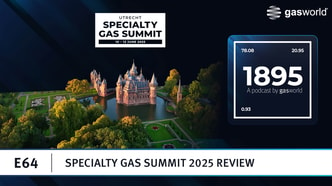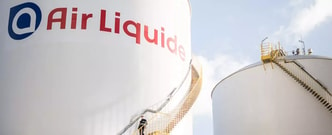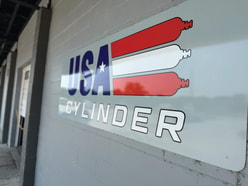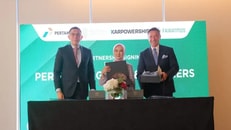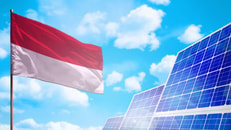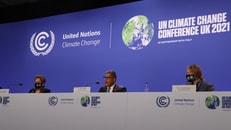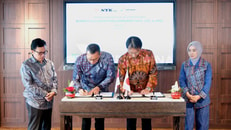Topsoe to supply tech for Indonesia green fuel production
Sustainable technology specialist Topsoe has been selected by refining and petrochemical company PT Kilang Pertamina Internasional (PIT KPI) to provide its HydroFlex technology for the production of renewable fuels at the Cilacap Refinery Complex in Central Java, Indonesia.
The technology will enable PT KPI (a sub-holding company of PT Pertamina) to convert low-value bio-feedstock into sustainable aviation fuel (SAF) and renewable diesel – fuels that hold the potential to decarbonise emissions in aviation and transport.
Once completed, Topsoe claims that the technology will be capable of producing 6,000 bpsd (barrels per stream day).
“We are pleased to continue our close collaboration with Pertamina marking our 5th technology reference with the Group,” said Alok Verma, Managing Director, Asia Pacific at Topsoe.
... to continue reading you must be subscribed





